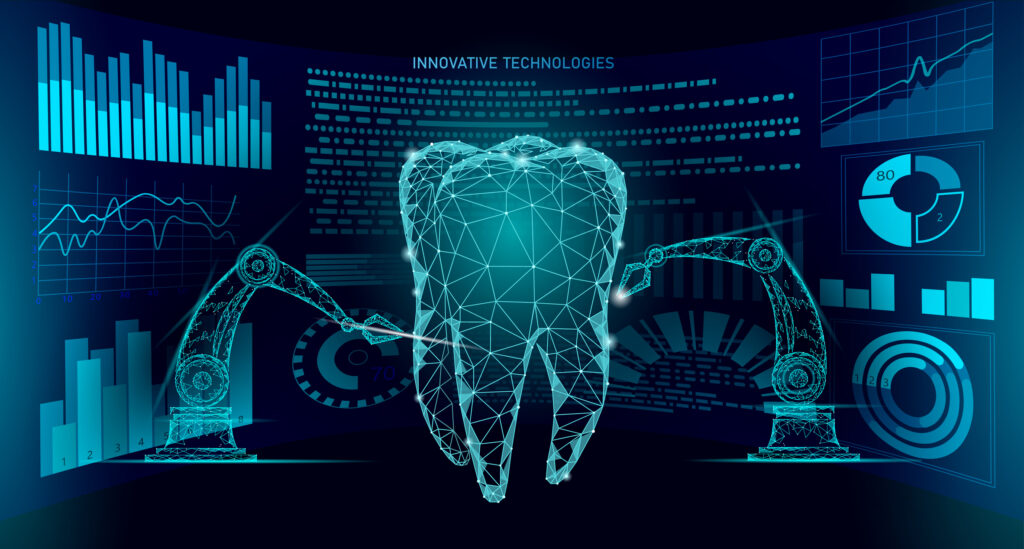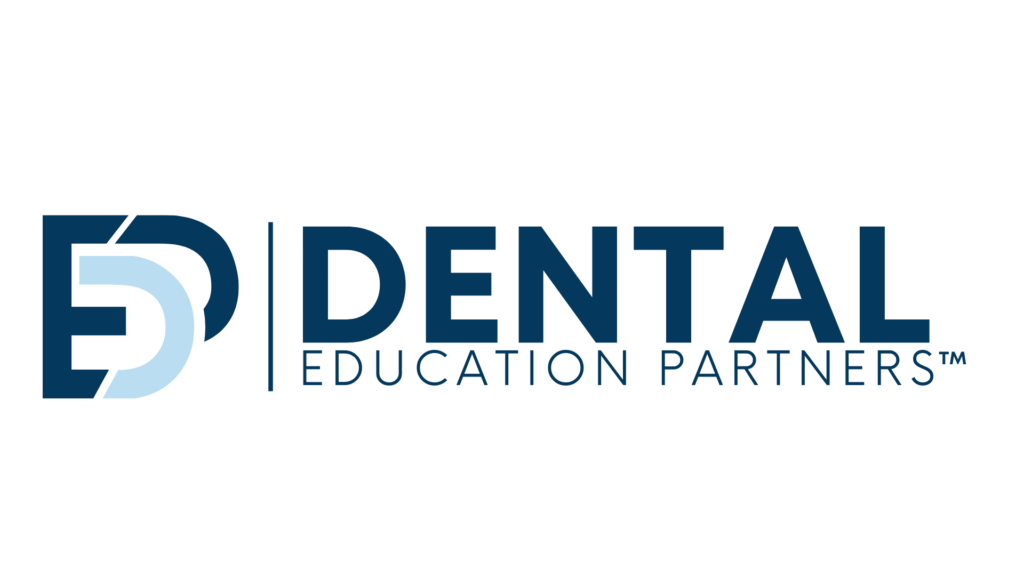
Advancements in technology have permeated nearly every industry, and dentistry is no exception. Artificial Intelligence (AI) integration has sparked a transformative wave within the dental field, significantly impacting how dental professionals, especially dental hygienists, deliver patient care. This blog explores the revolutionary role of AI in dentistry, specifically focusing on its impact on dental hygienists and the benefits it brings to patients and practitioners.
- Enhanced Diagnosis and Treatment Planning: AI-powered diagnostic tools have revolutionized how dental hygienists identify and assess oral health issues. Through analyzing vast datasets and machine learning algorithms, AI can detect abnormalities, cavities, periodontal diseases, and even potential oral cancers at an early stage. This enables dental hygienists to devise more accurate treatment plans and provide personalized care, leading to better patient outcomes.
- Improved Patient Education: Educating patients about proper oral hygiene and dental care is crucial to a dental hygienist’s role. AI-driven tools, such as interactive apps and virtual reality simulations, have made patient education more engaging and effective. These technologies allow dental hygienists to visually demonstrate dental procedures, oral hygiene techniques, and the consequences of neglecting oral health. As a result, patients are more likely to adhere to dental hygiene recommendations, leading to better oral health in the long run.
- Efficient Dental Charting and Record-Keeping: AI has streamlined the process of dental charting and record-keeping for dental hygienists. Voice recognition and natural language processing capabilities enable dental hygienists to dictate their notes directly into electronic health records, saving time and reducing the risk of errors. Additionally, AI algorithms can extract relevant information from patient records, providing dental hygienists with valuable insights that can inform their treatment strategies.
- Predictive Analytics for Preventive Care: Prevention is always better than reactive care, and AI helps dental hygienists adopt a proactive approach to patient care. By analyzing patient data, AI can predict the risk of specific dental issues, such as decay or gum disease, in individual patients. Armed with this knowledge, dental hygienists can implement preventive measures and customize treatment plans to address potential problems before they become severe, promoting better oral health outcomes.
- Automating Repetitive Tasks: AI technology has automated many repetitive and time-consuming tasks in dental practices, allowing dental hygienists to focus on more critical aspects of patient care. AI-powered systems can now efficiently manage appointment scheduling, reminder notifications, and billing tasks, leading to increased efficiency and smoother operations.
- Tele-dentistry Advancements: With the rise of tele-dentistry, AI has played a pivotal role in connecting dental hygienists with patients remotely. AI-powered platforms can facilitate virtual consultations, diagnose dental issues, and provide treatment recommendations without needing in-person visits. Tele-dentistry is particularly beneficial for patients in remote areas or those with limited mobility, as it ensures access to dental care regardless of geographical constraints.
- Risks Involved: Using artificial intelligence in dentistry can offer several benefits. However, there are potential risks and downsides to consider:
- Data privacy and security – Ensuring data privacy is crucial to prevent access to sensitive patient information.
- Inaccuracies – While AI can enhance diagnostic accuracies, it is sometimes unreliable. Errors in diagnosis or treatment recommendations could impact patient outcomes.
- Ethical concerns – AI raises ethical questions concerning who is responsible for decisions made by AI systems. It is essential to combine clinical judgment with the enhancement of AI integration.
Adopting AI technology in dentistry is a game-changer that can transform how dental hygienists deliver care and interact with patients. By enhancing diagnosis and treatment planning, improving patient education, and automating administrative tasks, dental hygienists can provide higher-quality care, prevent oral health diseases, and optimize their clinical workflows more efficiently. It’s important to consider legal and regulatory factors when adopting AI technology, but the potential for improving clinical outcomes through monitoring metrics and profiling patients is undeniable. With AI technology, dental hygienists can shape the future of oral health care for the better.



This is such a timeline blog with great insight!
Thanks Stephanie!